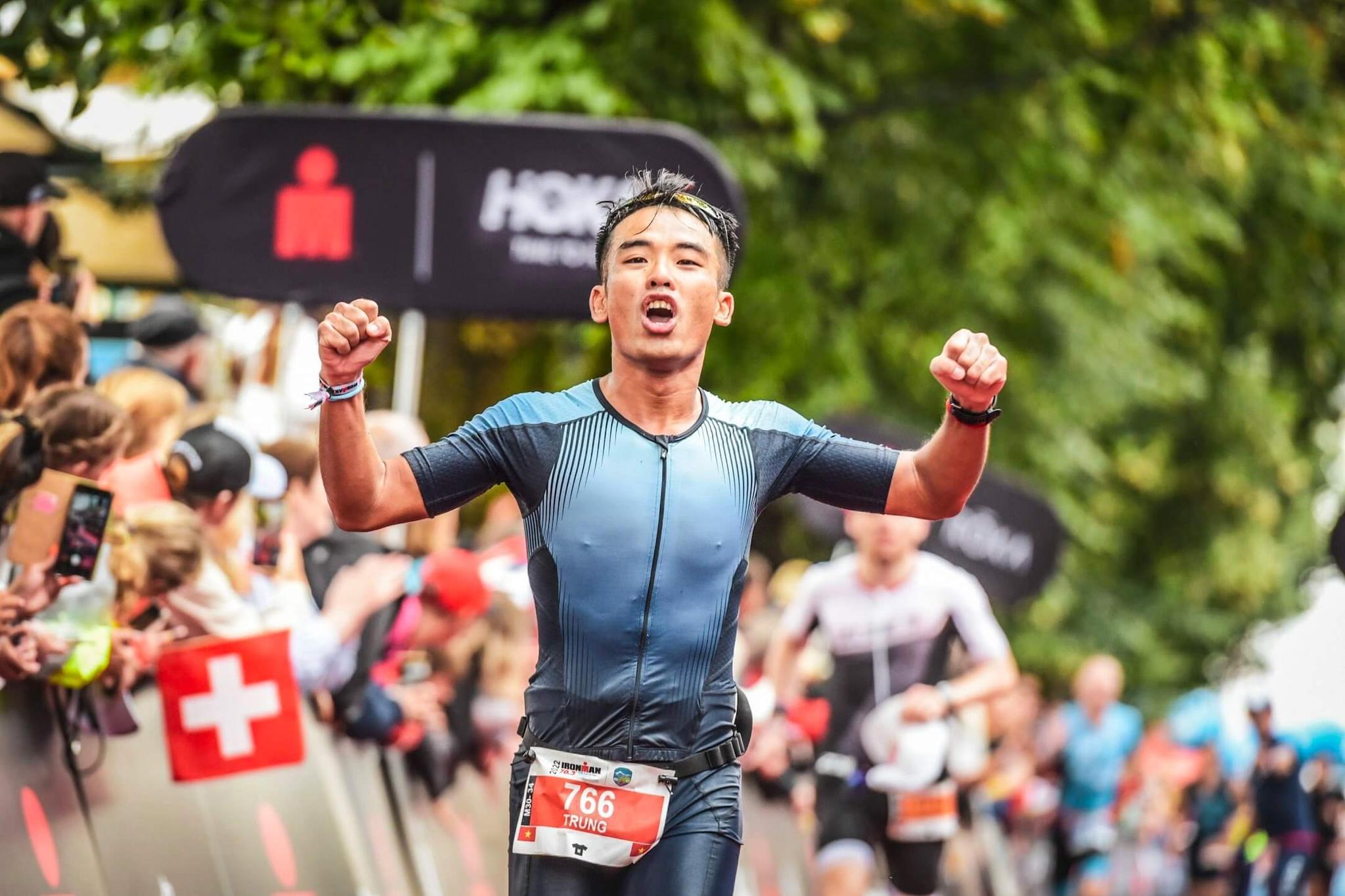“Since I was young, I have had many experiences of failure. The first time I took any exam, I failed. But through these experiences, I have learned a lot. When I look back now, I am very proud. There are always difficulties in my work, but I just ‘enjoy the high, enjoy the low’ and it works.”
Trung Nguyen - Head of Engineering at Invygo (Dubai)
When I was in third and fourth grade, I failed the Young Computer competition in Dong Thap twice before passing on the third try. Later, I failed the first round of the Le Hong Phong Olympiad, failed the entrance exam for the specialized computer science class, and failed the national HSG exam. But the experience of failure at a young age helped me learn that success comes from perseverance and determination. After every failure, I had to work harder, be more resolute, read more books, because I couldn’t just give up on my passion for computer science just because I failed the specialized computer science class. By the time I was in twelfth grade, I was admitted directly to the specialized computer science class because of my success in the Le Hong Phong Olympiad and the national HSG exam, where I won gold and silver medals. The teachers saw that I had won these awards and that I was doing well in school, so they put me in the specialized class. In fact, the experience of failing exams is a great experience. I was sad and cried at the time, but I always got up again because that was my passion, my dream. When I look back, I feel very proud of myself. There are always difficulties in my work, but I just ‘enjoy the high, enjoy the low’ and it works.
One memorable experience of working in Dubai was when my team had to grow our first product, and there were weeks without any bookings. I thought to myself, “Well, I guess we’ll have to pack up and go back to our home country now, because if we can’t get any bookings, how are we going to raise funds?” The ticket size for the car was very high, up to $3-500. At that time, the team had issues with customer trust because in the first few weeks, no one knew who we were, so why would they book a ride for several hundred dollars? Now, everything is relatively stable since we have scaled up the project a lot. Looking back, the journey of building everything from negative numbers was really tough.
The biggest challenge for me when working here is making decisions related to people. As Head of Engineering, every decision I make, whether to hire someone or fire someone, affects their lives and their families’ lives. They are mostly experts who come from abroad to work in Dubai. Many times I have had to sit in meetings with colleagues who are the best friends and the funniest people in the company, but when the conversation is over, they have to leave with their bags and laptops and never come back to work again because they did not perform well.
When setting up a team, the team will go through several stages of team development: forming, storming, norming, performing, adjourning. The problem with startups is that I hire very quickly and fire very quickly. In the first three months, anyone who does not perform well or has a bad attitude is immediately removed. Because of the time and resource constraints, I cannot drag the whole team down just because I want to favor someone. A good effect can increase by 1% every day, but a bad effect can decrease by 1% every day, which is a big problem. So everyone has to help the new person get acquainted and integrate with everyone.
In addition, leading a team with multiple cultures is also a “challenge” to unite the team. My team has developers from India, Russia, Spain, Belgium, England, Romania, Africa, Egypt, and the United States. For example, Russians are very straightforward, so if they say “this is sht,” they really mean “this is sht,” . They think it’s normal to say that. But when an Indian hears it, they feel that the Russian is being strange in a group of people saying something like that. They are usually shy in front of a crowd. The two sides started arguing, and I had to step in to find a way for everyone to understand each other’s culture and interact with each other.
I also had the opportunity to work with many Vietnamese colleagues on the team, but I couldn’t choose any of them because their critical thinking skills weren’t good enough. They only had an engineering developer mindset, not a product engineering mindset. That is, if I give them a task, a ticket, or a technical design solution, they can code it well. But if there is no design solution, they wouldn’t know how to do it. This happened three or four years ago when the company’s budget was very limited. Now I believe they have grown a lot. My experience in easily surviving working abroad includes not only expertise but also problem-solving skills, critical thinking, negotiation, etc. For example, you have to understand what the ticket is for, what the metrics are, what the success metrics are, what the research is, and even think about the business impact. You have to try very hard. If anyone has any questions about working in IT in Dubai, feel free to ask me. I’m always willing to help!
